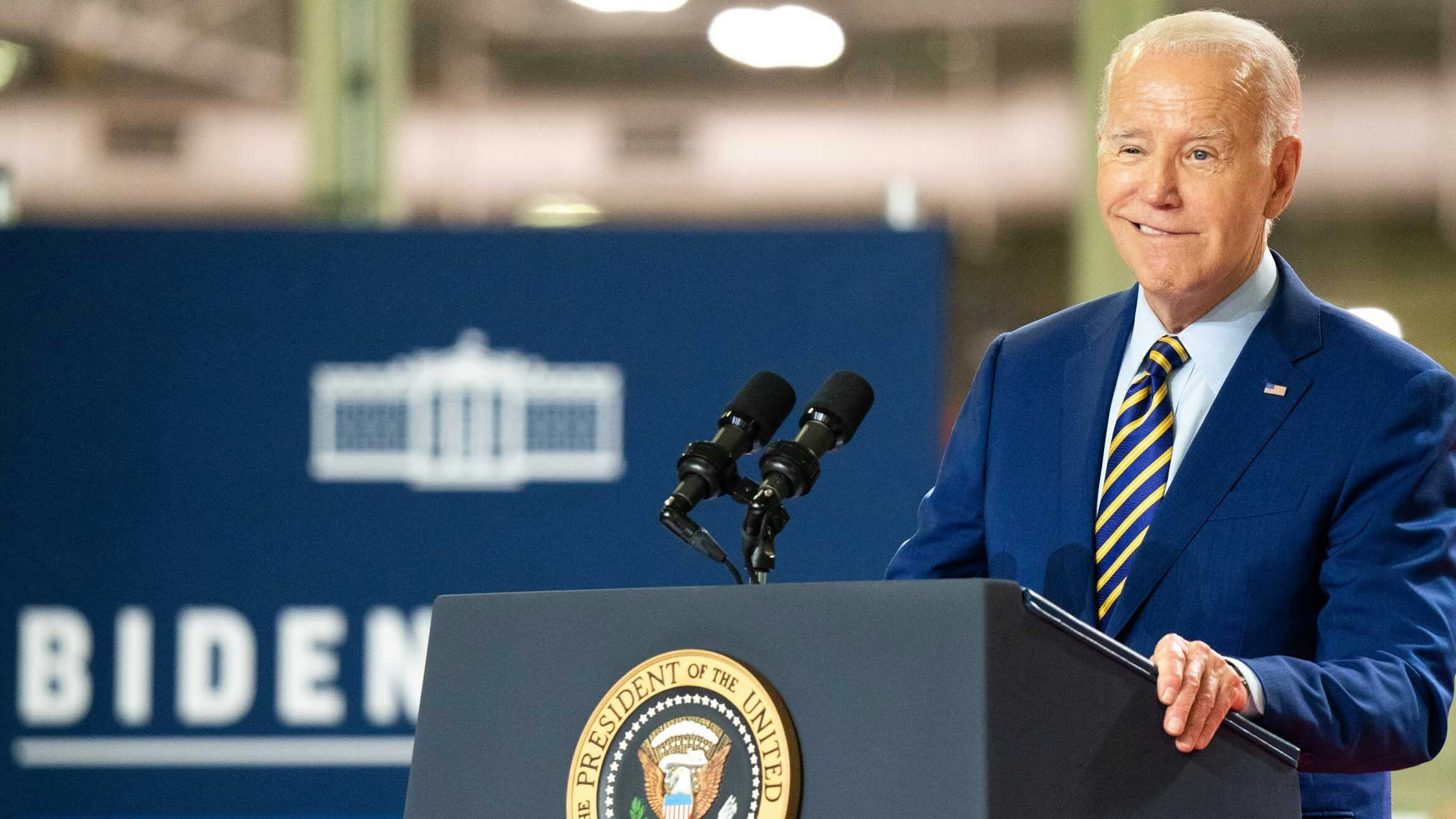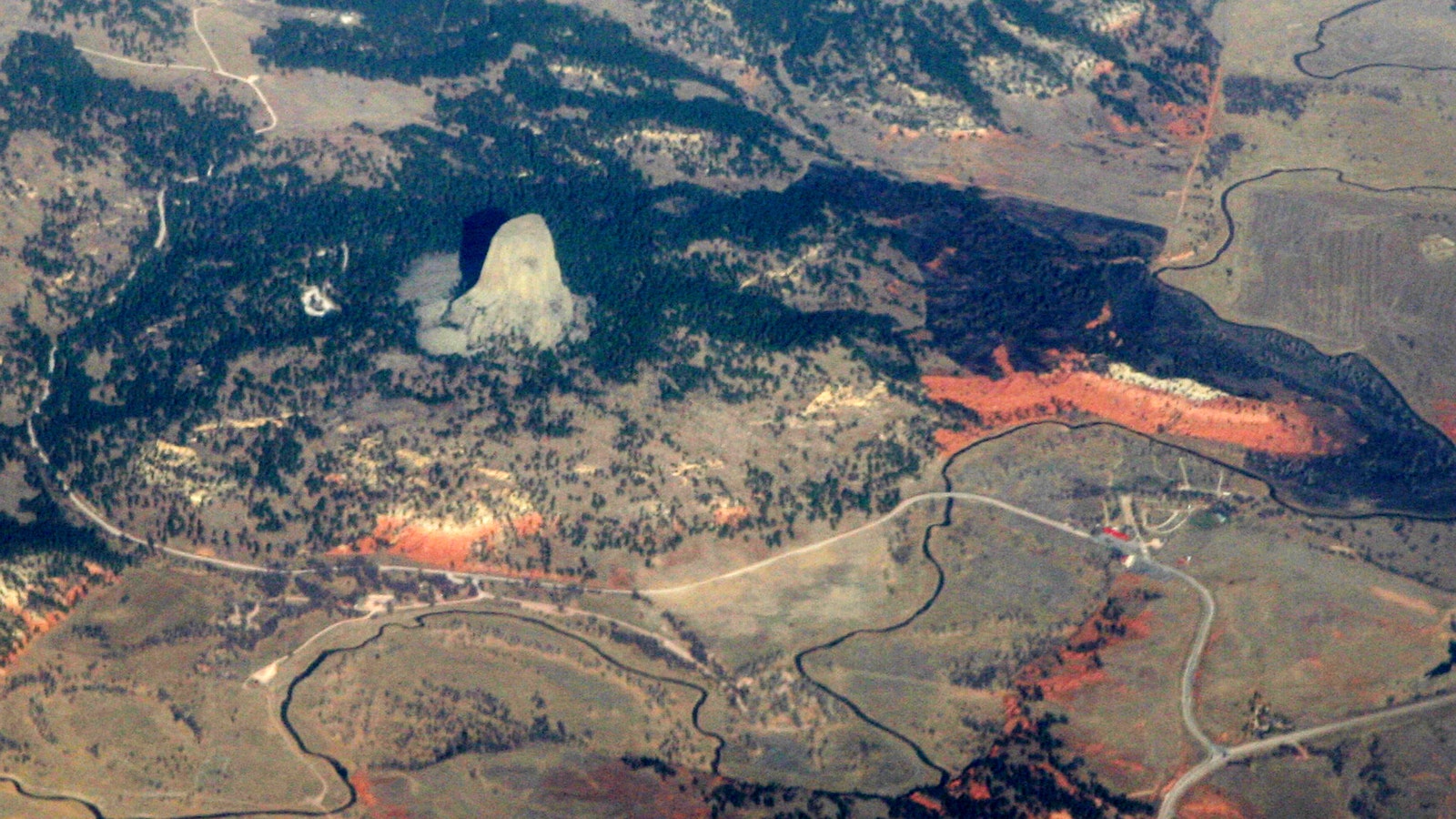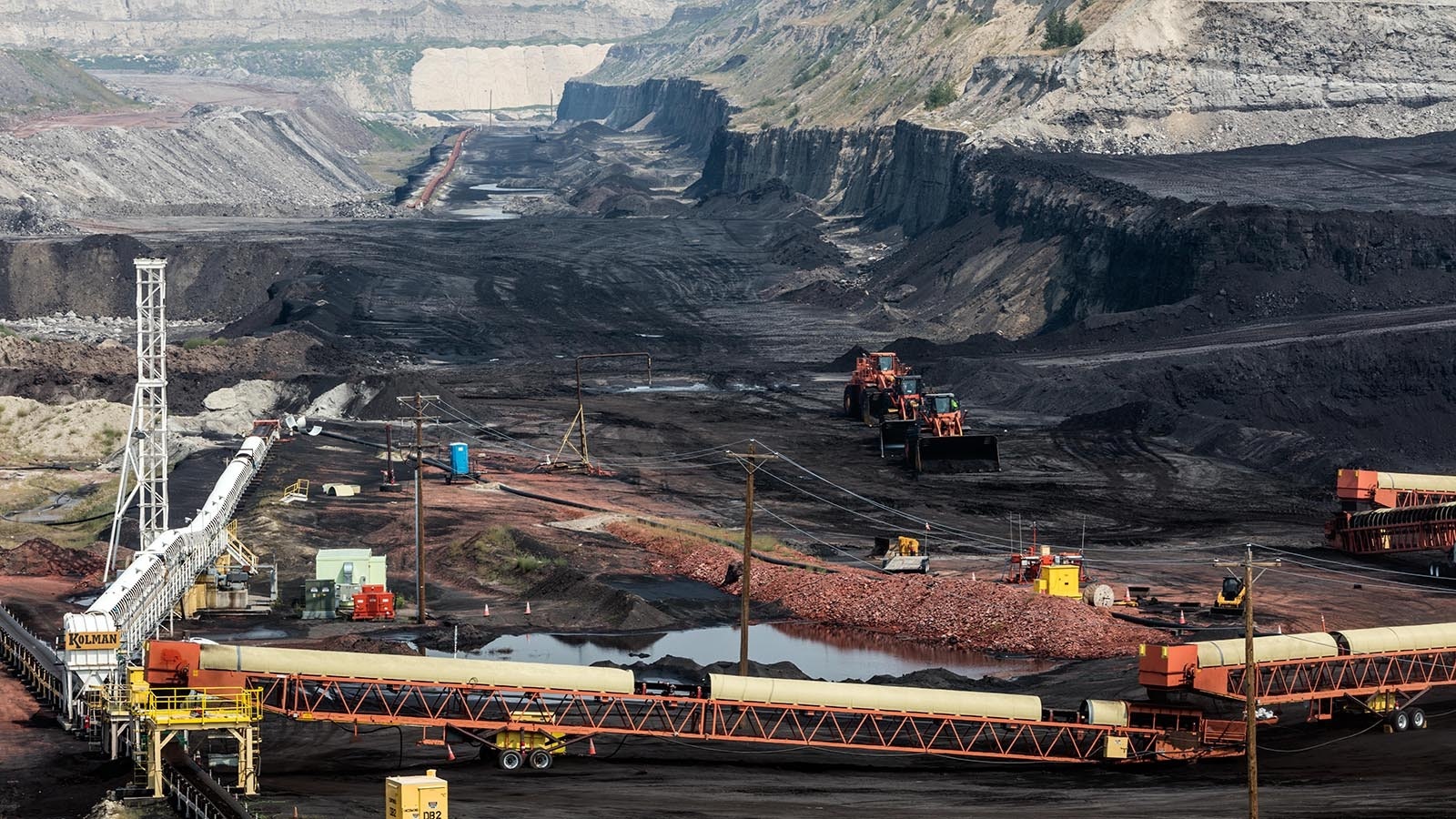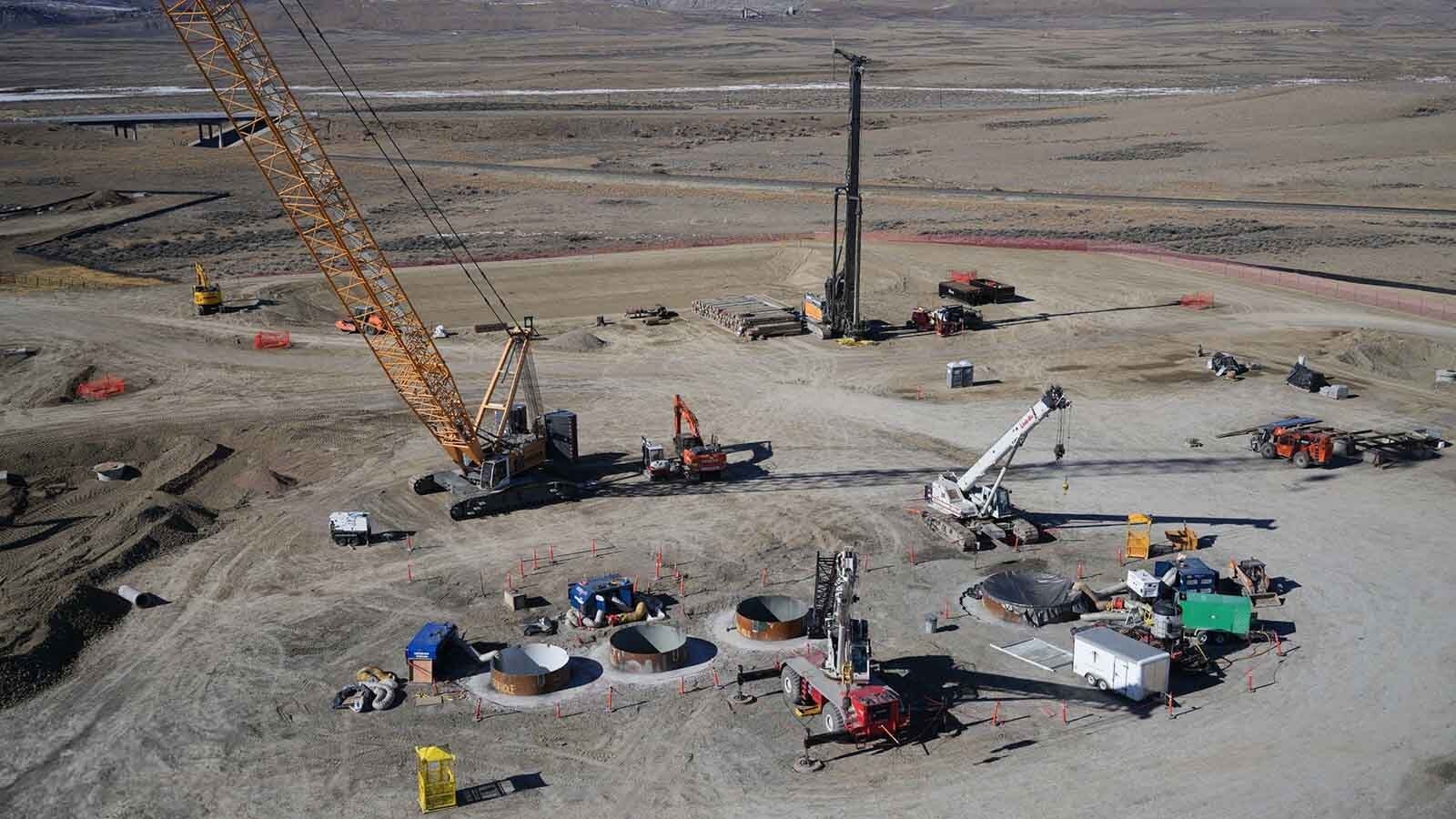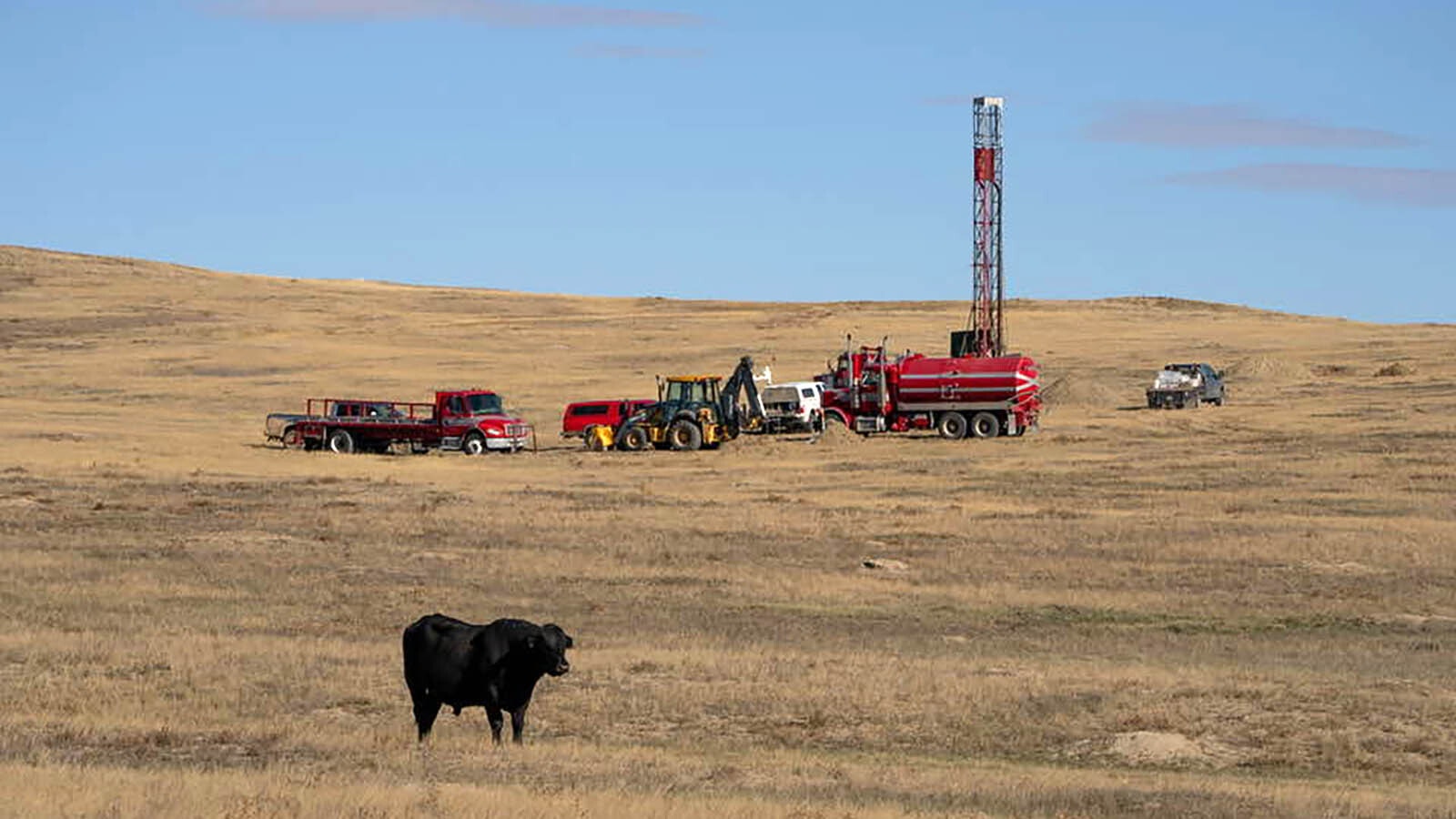It would seem the Biden administration can’t decide if America needs oil or not.
Just a week after the Bureau of Land Management released new rules that will increase the cost of drilling on public lands, U.S. Energy Secretary Jennifer Granholm told CNBC this week that oil markets are still “volatile” and that “we want to see more supply.”
The secretary warned that high prices for transportation are “dangerous” and the U.S. needs a stable supply of oil.
Walk The Walk
The BLM’s proposed rules would increase royalties and bonding requirements for oil and gas production on public land, and they follow a host of other actions President Joe Biden has taken in line with his campaign promise to “end fossil fuel.”
Immediately after taking office, he canceled the Keystone XL pipeline and issued a moratorium on new oil and gas leases on public land.
Then in March 2022, he announced that he’d begin selling off oil from the nation’s Strategic Oil Preserve, ultimately depleting it to its lowest level since 1984, in an effort to bring down record-high gasoline prices.
Former Wyoming state Sen. Eli Bebout, owner of Nucor Oil and Gas Inc., told Cowboy State Daily these actions against the industry are intended to drive producers out of business. However, regardless of any promises from Biden, the administration keeps running into the reality that the country needs oil and gas.
“They want to walk the walk, but they don’t want to talk the talk,” he said.
Small Wells
Bebout said that these rules are especially hard on smaller producers such as Nucor, which can’t absorb the increased drilling and production costs. And these smaller producers are important for the nation's production level.
The average oil well produces 26 barrels per day, according the U.S. Energy Information administration.
Bebout said oil wells in the Middle East, which are tapping into different geology than the shale production of America, have production rates in the thousands of barrels per day.
“If you start making it too tough on the small producers,” Bebout said, they start plugging these smaller wells. “And then over a period of time you lose that backbone.”
David Blackmon, a longtime energy analyst, writer and author of “Energy Transition Absurdities,” told Cowboy State Daily that oil companies plan their business years in advance.
The flip-flopping of the Biden administration's energy policies, Blackmon said, is creating so much uncertainty that it's becoming much harder to operate.
More than one oil company executive told him it's a real problem.
"They have no confidence in the continuity of law and regulation coming out of this administration, and it started the day Biden took office," Blackmon said.
Counterproductive
Laramie County Commissioner Gunner Malm told Cowboy State Daily the mixed messaging coming from the administration smacks of a “bit of hypocrisy.”
He said it’s nothing unique to the administration or even the federal government. It happens at all levels of government, he said.
“It’s one of the frustrations for many Americans. Government makes pronouncements about needing certain things, and then sets policies that are counterproductive to that end,” Malm said.
With so much mineral production in Wyoming happening on public land, and therefore beholden to the whims of the federal government, Malm said it shows how important it is that Wyoming continue to diversify its economy.
“The more we can do to diversify our income streams and our revenues for government function, the better off we'll be in the long run,” Malm said.
Resilient
Bebout said that he appreciates that Gov. Mark Gordon came out “aggressive” in his response to the latest proposed rules by the BLM.
“We need more people to understand what the impact of these regulations will be,” he said.
Rob Wallace, former staff director for the U.S. Senate Energy and Natural Resources Committee and assistant secretary for Fish and Wildlife and Parks at the U.S. Department of the Interior, told Cowboy State Daily that the decision to drain the Strategic Petroleum Reserve to increase the nation’s supply was an especially unhealthy energy policy.
He said that, despite inconsistent energy policies through multiple administrations, the oil and gas industry has survived.
“I think that history suggests that the industry is pretty resilient,” Wallace said.

